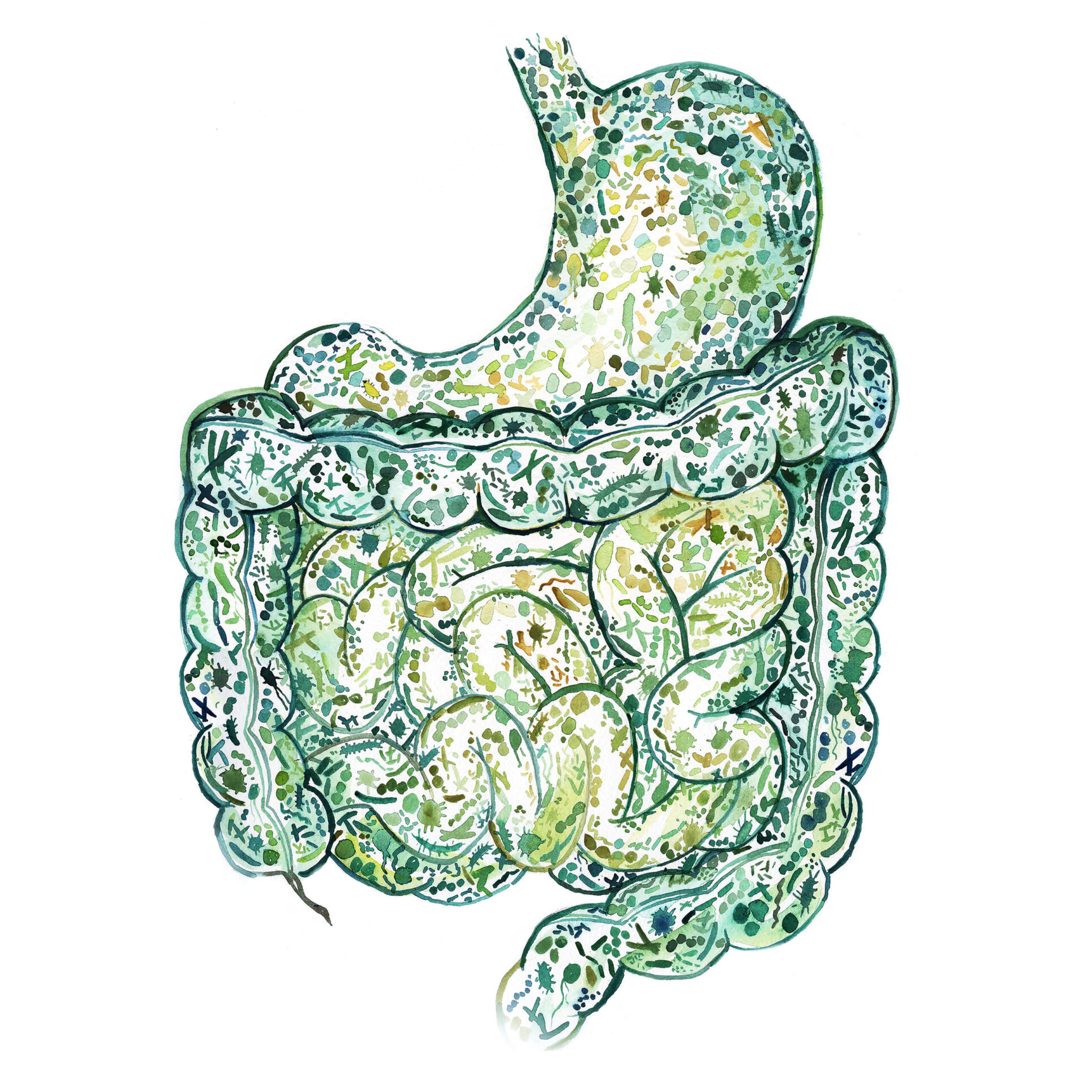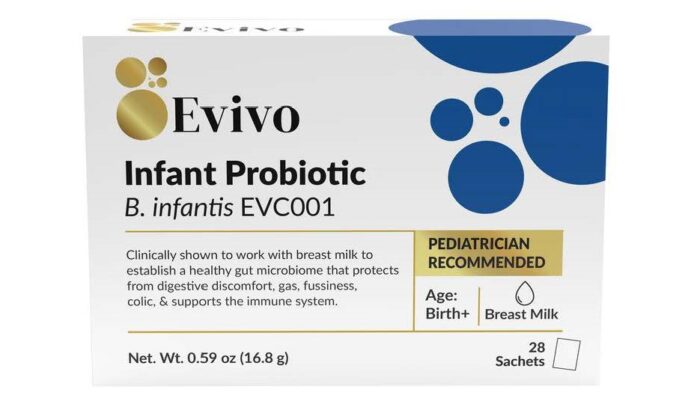The biology of going
The story of sanitation begins at the end—our ends.
Despite taboos and norms that caution against being too frank about feces, poop is a fact of life.
But if we dare to look, poop offers a window into our health with clues about nutrition, digestion, and hydration. The organs and organisms that break down food also contribute to the functioning of nearly every part of the body. And while naysayers may relegate poop as “number two” or consider it mere waste, others see a resource to power our future.
Poop is more than crap. You could say it’s excremental!

Did you know
Your gut microbiome holds 200 times more genetic material than the human genome! The trillions of microbes that live within our gastrointestinal track do more than make us “regular.” They influence brain and heart function, protect against disease, and support mental health. Researchers have called our gut microbiome the body’s “second brain.”
What to Feed Your Gut
Looking to boost your microbiome? Get to know the four ‘F’s!
- Fiber found in beans and whole grains, like oatmeal, fuels good bacteria for immune health.
- Phenols that give fruits and veggies their color—think bright blueberries—are powerful antioxidants.
- Fermented foods like yogurt, sauerkraut, kimchi, and kombcha deliver fresh microbes.
Healthy fats from nuts, seeds, fish, and olive or avocado oils help maintain the lining of the gut, or the intestinal barrier.
Why is the gut microbiome important?
New research
Suggests that probiotic gut therapies can treat chronic malnutrition to ensure healthier and thriving children. The microbiome undergoes immense change at birth and throughout infancy. Adding Evivo to breastmilk or formula during this critical development window improves a child’s microbiome, fights malnutrition, and sets the foundation for lifelong immune health.
